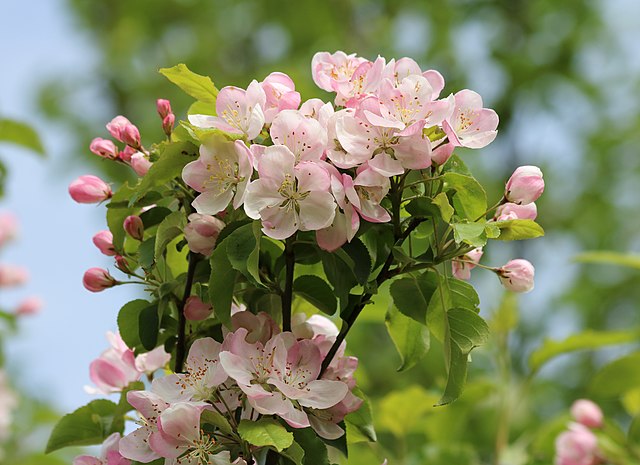
Plants And Their Secret Lives
Plants, the silent inhabitants of our world, have long captivated humans with their beauty and remarkable abilities. Beyond their serene appearance, they possess a secret life that unfolds within their intricate structures and unseen processes. Over the years, scientists have delved into the mysteries of plant life, unravelling astonishing discoveries that showcase the complexity and intelligence of these green marvels.
Plant Perception
Contrary to popular belief, plants possess a sophisticated system of perception that allows them to detect and respond to their environment. Through a process called phototropism, they can sense the direction and intensity of light, allowing them to maximise their exposure to sunlight for photosynthesis. Additionally, plants are capable of sensing gravity and adjusting their growth patterns accordingly, ensuring their roots anchor firmly in the soil.
Communication And Interaction
Plants have also been found to communicate and interact with both their surroundings and other organisms. When a plant is attacked by herbivores, it releases chemical signals into the air to alert neighbouring plants, triggering them to produce toxins as a defence mechanism. This astonishing communication network helps them warn each other and initiate collective protective responses. Furthermore, recent studies have revealed that plants respond to sound vibrations, suggesting a previously unknown auditory sensitivity. Research has shown that certain types of music can enhance plant growth and productivity, indicating that they may have a surprising appreciation for sound.
Emotional Responses
Although plants lack a centralised nervous system, evidence suggests that they can exhibit emotional responses. Scientists have observed that plants exposed to stressful conditions, such as drought or physical damage, produce hormones similar to those associated with stress responses in animals. These findings challenge our perception of plants as mere static organisms and suggest that they possess a deeper level of consciousness.
The Symbiotic Relationships Of Plants
Plants engage in symbiotic relationships with a variety of organisms, showcasing their ability to form intricate alliances for mutual benefit. Mycorrhizal fungi, for example, establish a symbiotic connection with plant roots, enhancing nutrient absorption and water uptake. Similarly, certain plants form partnerships with pollinators, enticing them with vibrant flowers and nectar, while receiving the crucial service of pollination in return.
Survival Strategies
Plants have evolved ingenious survival strategies that enable them to adapt to challenging environments. Desert plants, for instance, possess specialised mechanisms to conserve water, such as succulent leaves and thick cuticles. Some have even developed carnivorous traits, employing elaborate traps to capture and digest insects, supplementing their nutrient intake in nutrient-poor habitats.
Understanding these secret lives goes beyond scientific curiosity; it holds practical implications for human life. Their medicinal properties have long been recognised, with many of our most potent drugs derived from botanical sources. By unravelling their intricate biochemistry and unique adaptations, scientists can discover new compounds that may revolutionise medicine and address pressing health challenges.
Furthermore, harnessing the knowledge of plant communication and response mechanisms can contribute to sustainable agricultural practices. By optimising crop rotations, designing companion planting systems, and utilising natural pest control methods, we can cultivate healthier, more resilient crops while reducing our reliance on chemical interventions.
The secret life of plants constitutes a mesmerising tapestry of intelligence, adaptation, and interconnection. Through their perception, communication, emotional responses, and symbiotic relationships, they demonstrate a remarkable ability to navigate their environment and thrive in diverse conditions. Unveiling the mysteries of plant-life not only deepens our appreciation for the natural world but also holds the potential to transform various aspects of human life, from medicine to agriculture. It is a reminder that even the seemingly simplest organisms can harbour extraordinary wonders, awaiting our exploration and understanding.